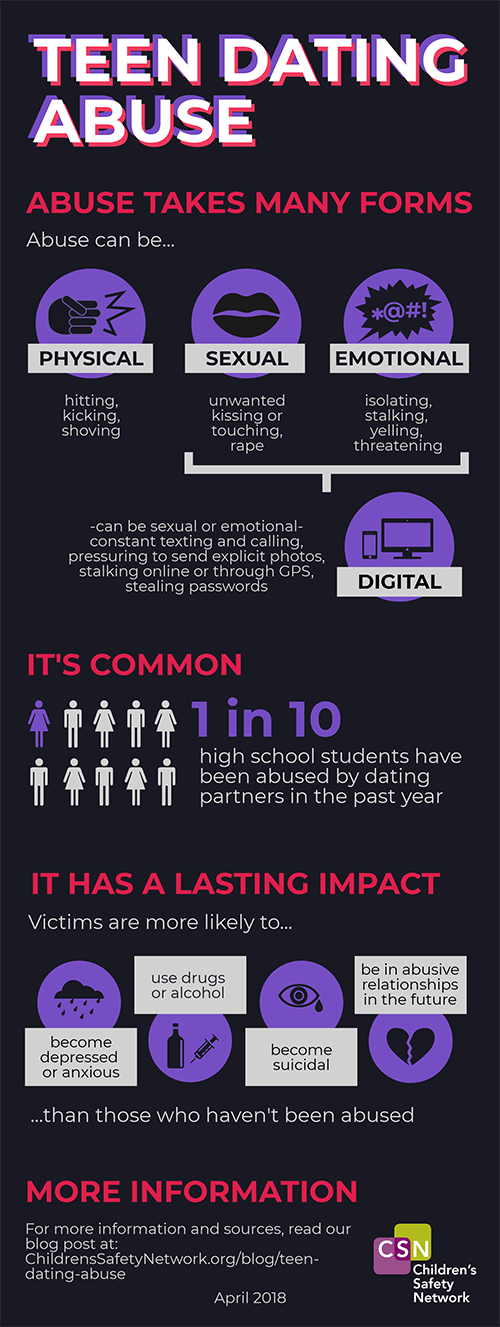We invite you to join us at the LPHA webinar scheduled for Tuesday, May 29, at 1 p.m. to learn more about the new brand and subsequent campaigns.
The Colorado Department of Public Health and Environment launched Responsibility Grows Here, new public education campaigns that encourage young Coloradans to stay away from marijuana and educate adults who choose to use marijuana to do so legally and responsibly. These campaigns build on the health department’s successful Good to Know and Protect What’s Next campaigns and represent next steps in the state’s comprehensive public education strategy.
“Since legalization, we have worked with Coloradans every step of the way to address concerns and navigate changes,” said Gov. John Hickenlooper. “These campaigns connect more directly with those using marijuana and will hopefully drive home the message of what is safe and legal use.”
The health department will launch four educational campaigns under the new Responsibility Grows Here brand. The campaigns launching today are designed to reach marijuana users and youth. In mid-June, the campaigns will focus on trusted adults and pregnant and breastfeeding women. Each campaign will use media meaningful to the targeted audience, including television, radio and online ads; social media; and a user-friendly website.
The marijuana user campaign targets adult residents and tourists who use marijuana. Because research shows marijuana users often rely on salespeople in marijuana dispensaries for information, the campaign is introducing Meg the Budtender, a fictional spokesperson who will begin talking to Colorado adults about safe storage, appropriate places to use and not use marijuana, and the difference between smoking marijuana and consuming edibles. Unsafe storage can lead to accidental use by children, overconsumption of edibles can result in health risks, and smoking in public is illegal and can risk the health of those exposed to secondhand smoke.
Find Your Moment, the youth campaign also launching today, focuses on providing Coloradans ages 12 to 20 with prevention messages before they ever try marijuana. Marijuana use impairs developing brains and academic success. Research shows youth respond best to messages that demonstrate how marijuana use can keep them from achieving their dreams, whether those dreams include excelling in athletics, getting a good education or building a successful career.
Campaigns reaching out to parents, trusted adults and new moms will launch mid-June. The trusted adults campaign will focus on how important their voices can be in young people’s decisions to not use marijuana. The campaign targeting new moms will promote educational messages on the negative health effects of using marijuana during pregnancy and breastfeeding and encourage women to talk with their health care providers.
“We’ve worked hard over the past four years to educate Coloradans on the basic laws, responsibilities and health effects of marijuana use,” said Dr. Larry Wolk, health department executive director and chief medical officer. “With these new campaigns, we’re focusing on those most affected by marijuana use to make sure they obey the laws, stay safe and become positive role models for Colorado youth.”













